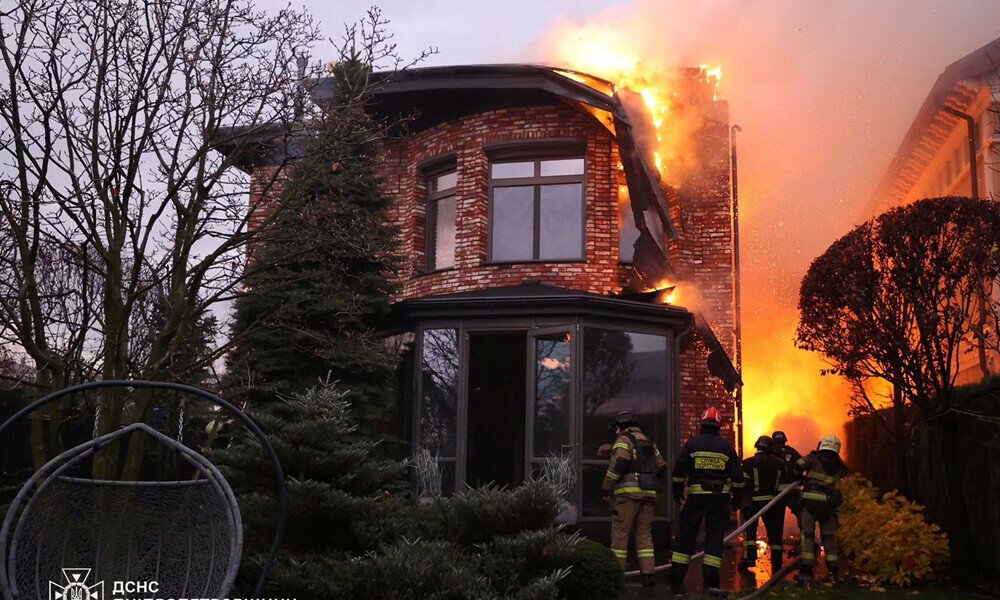Russia launched an intercontinental ballistic missile (ICBM) during an attack on the Ukrainian city of Dnipro on Thursday, marking what would be the first use of such a weapon in the ongoing conflict. According to Ukraine’s air force, the missile was fired from Russia’s Astrakhan region, located more than 700 kilometers away. Ukrainian President Volodymyr Zelensky confirmed the missile’s characteristics, describing it as an ICBM based on its speed and altitude.
The missile, possibly an RS-26 Rubezh, is a solid-fueled ICBM capable of carrying nuclear warheads, although it has not been confirmed whether this missile was nuclear-armed. The attack targeted key infrastructure in Dnipro, damaging an industrial enterprise and causing fires, with at least two people reported injured.
The launch comes amid rising tensions in the 33-month-long war, particularly after Ukraine’s recent missile strikes inside Russia using U.S. and British-supplied weapons, which Moscow warned would escalate the conflict. Experts believe Russia’s use of an ICBM may be a deterrence tactic in response to these Western-backed attacks.
The missile strike in Dnipro also followed the launch of other Russian missiles, including the Kinzhal hypersonic missile and several Kh-101 cruise missiles, some of which were intercepted by Ukrainian air defenses.
The incident has drawn global attention, with security experts noting the unprecedented use of an ICBM in an active war. The NATO alliance and U.S. European Command have not yet commented, and military analysts are closely watching the situation as it further complicates the already volatile conflict.















